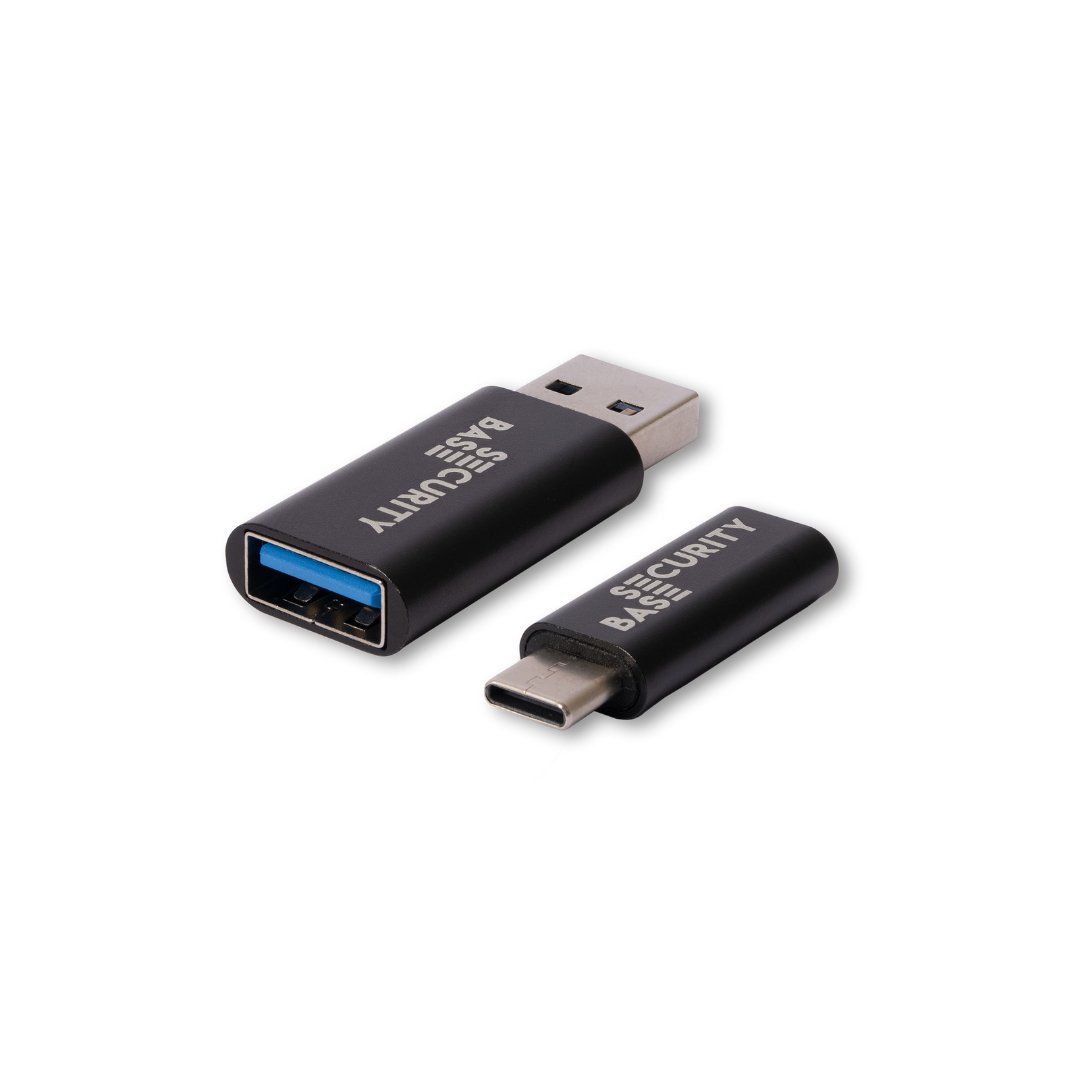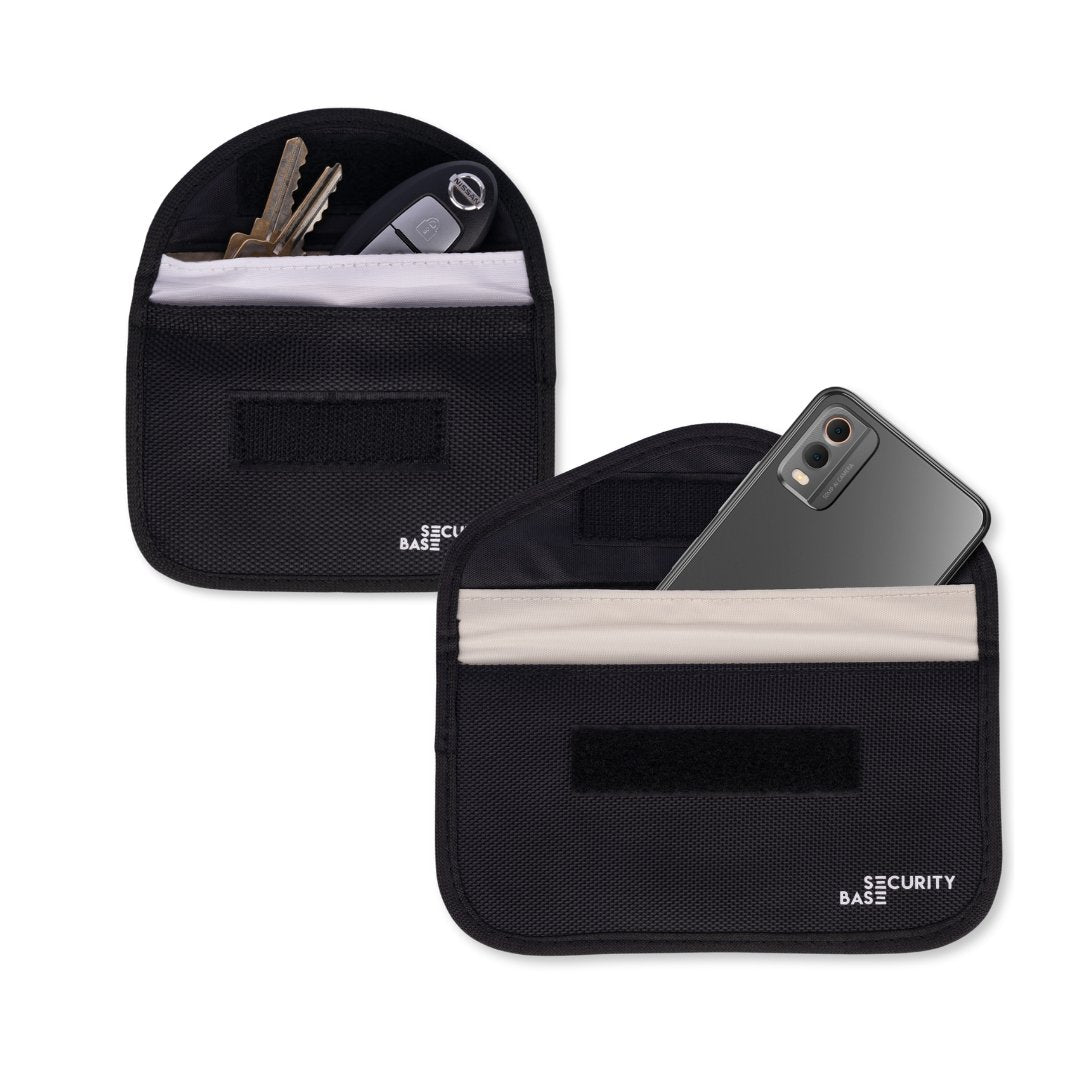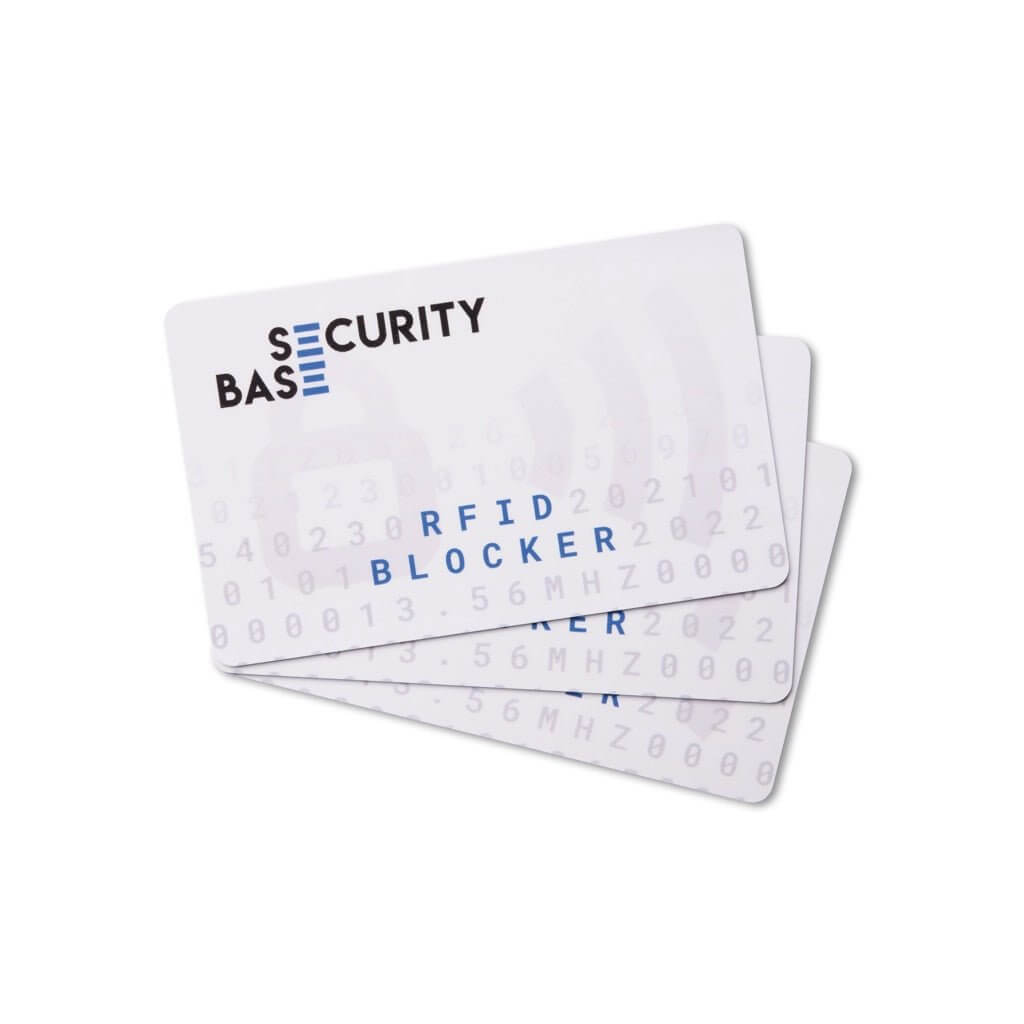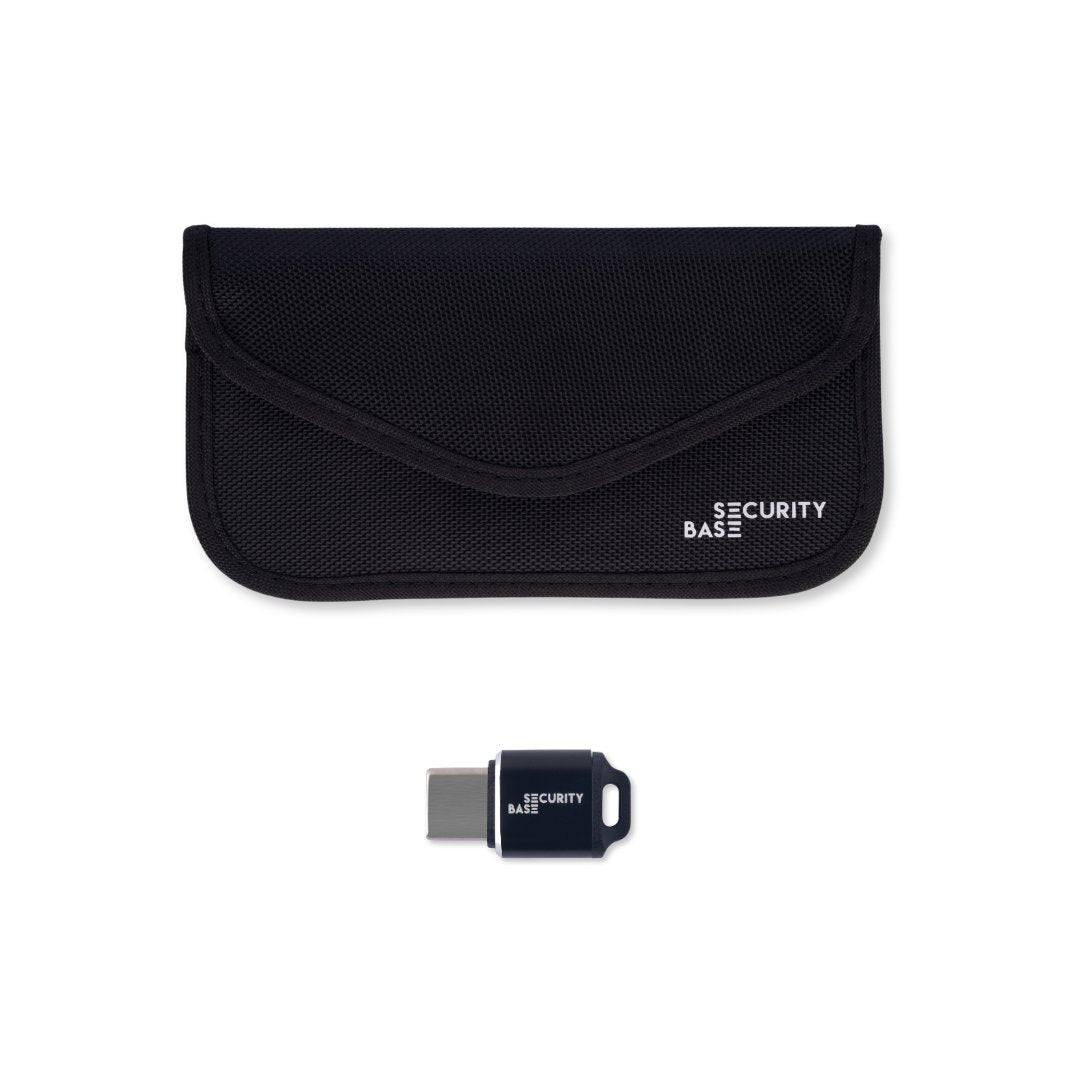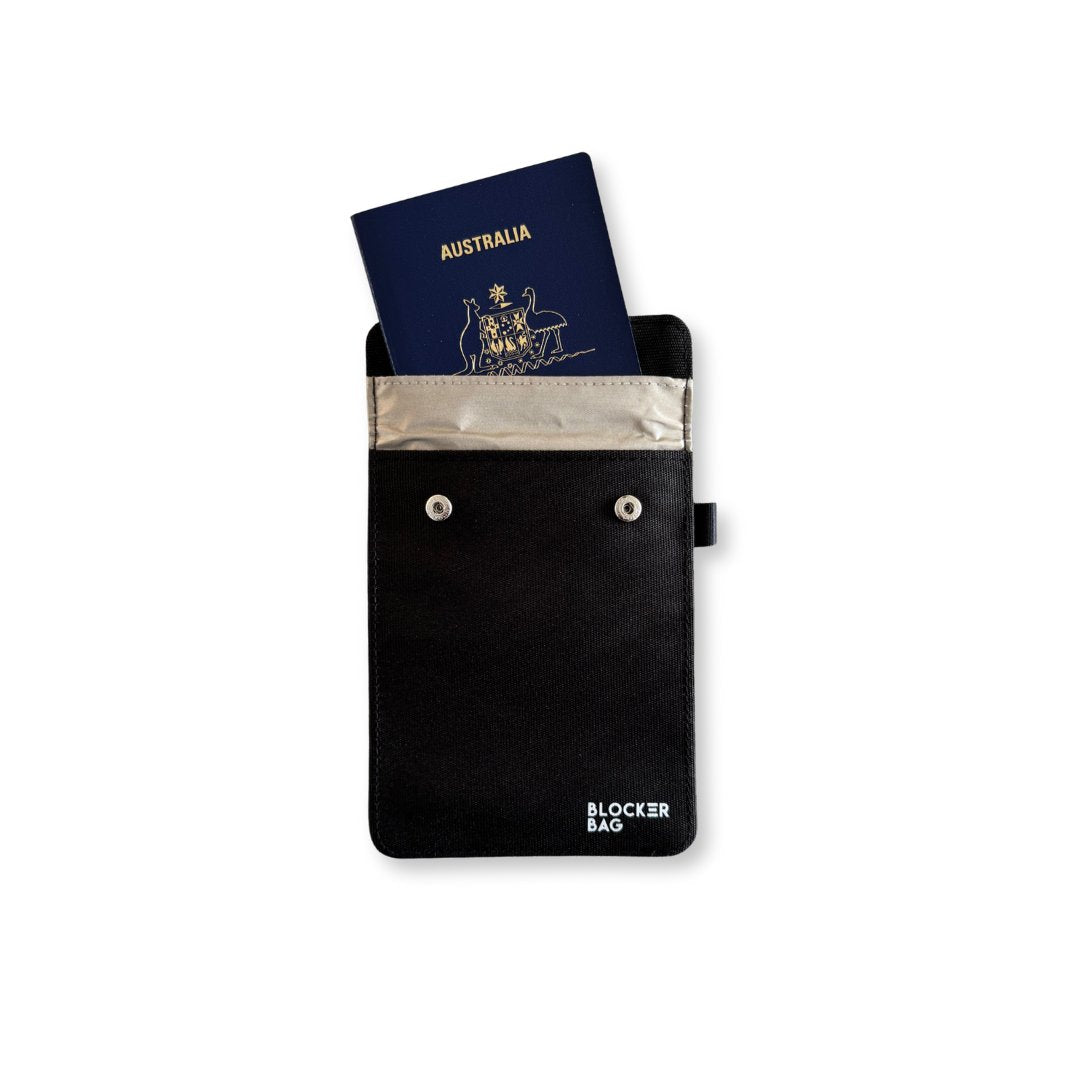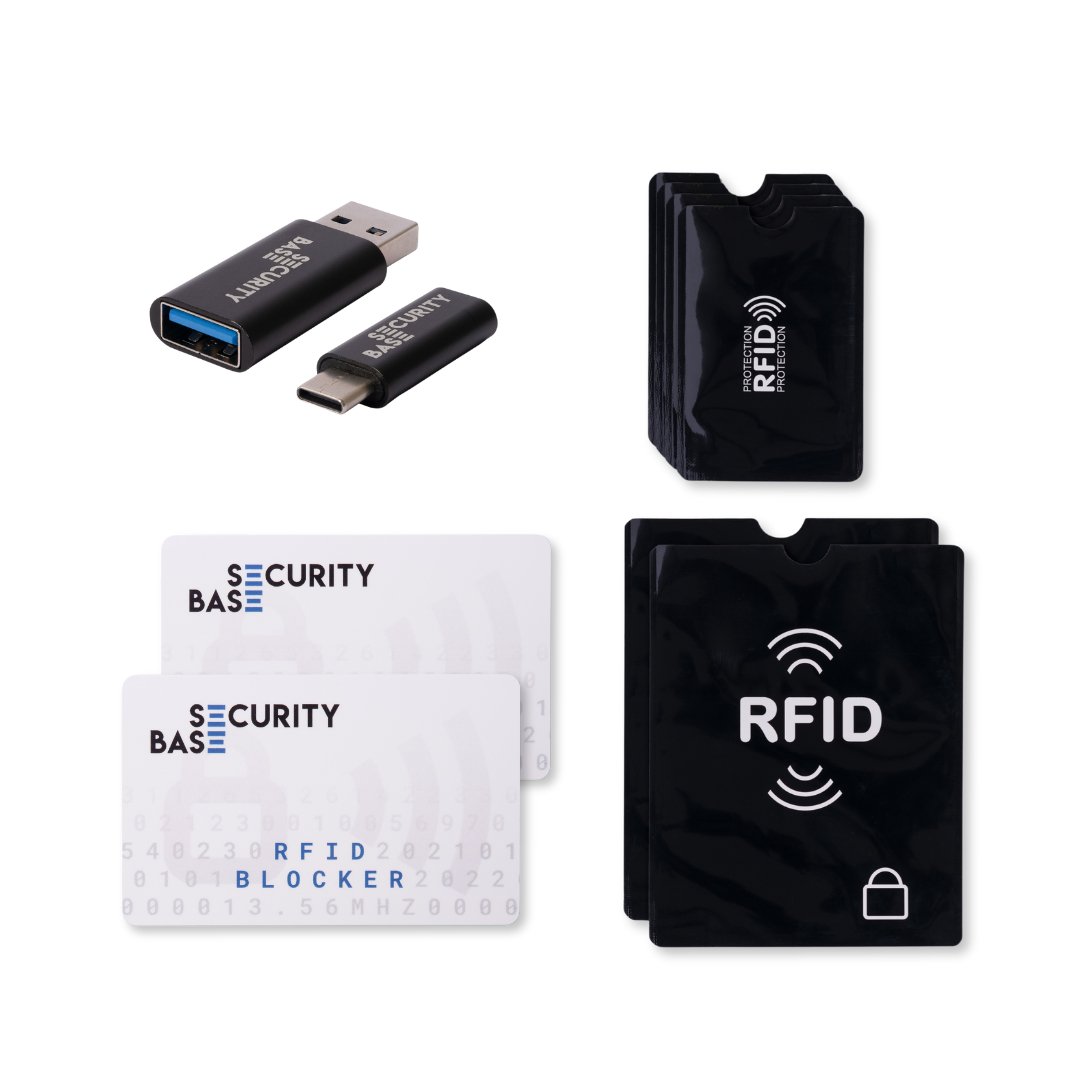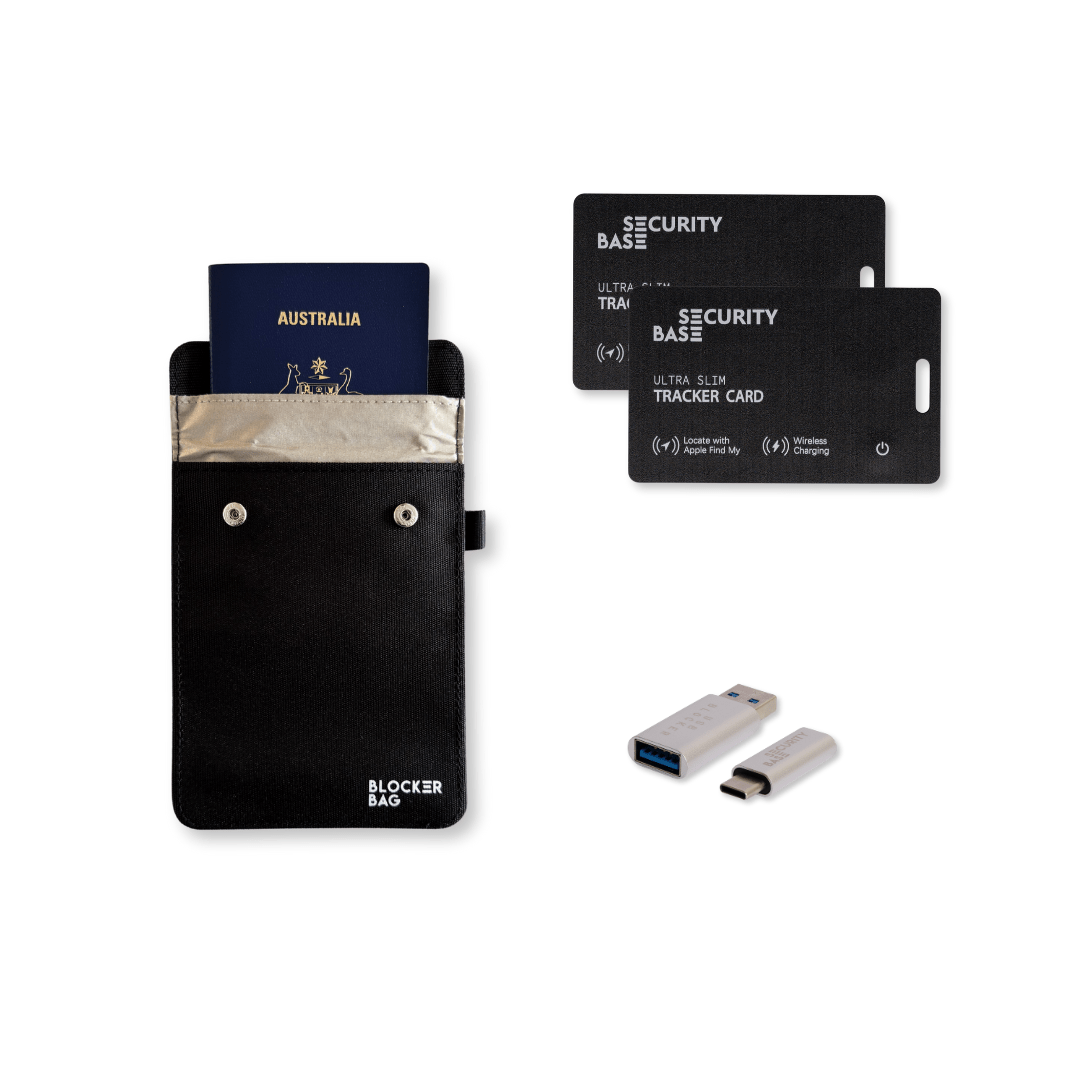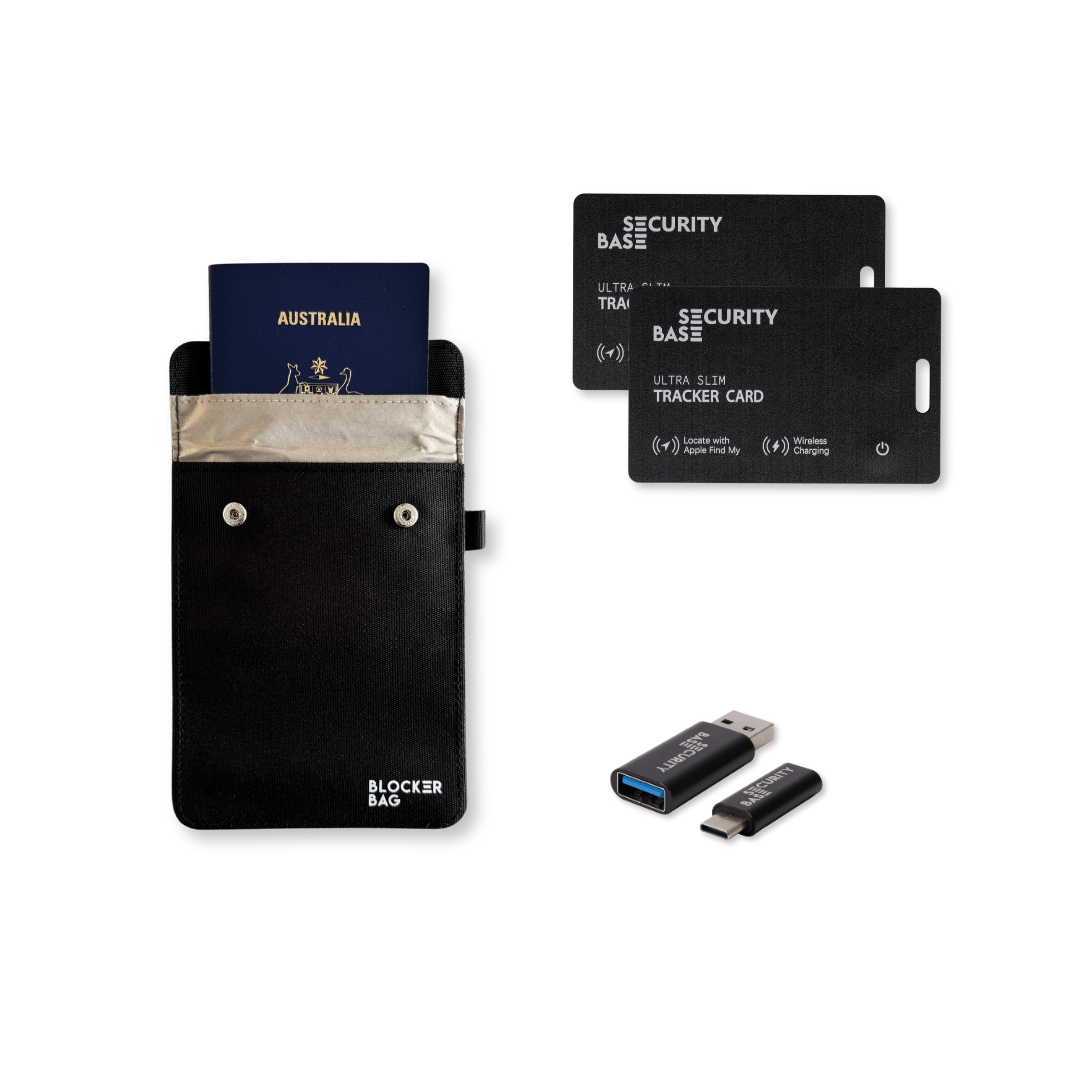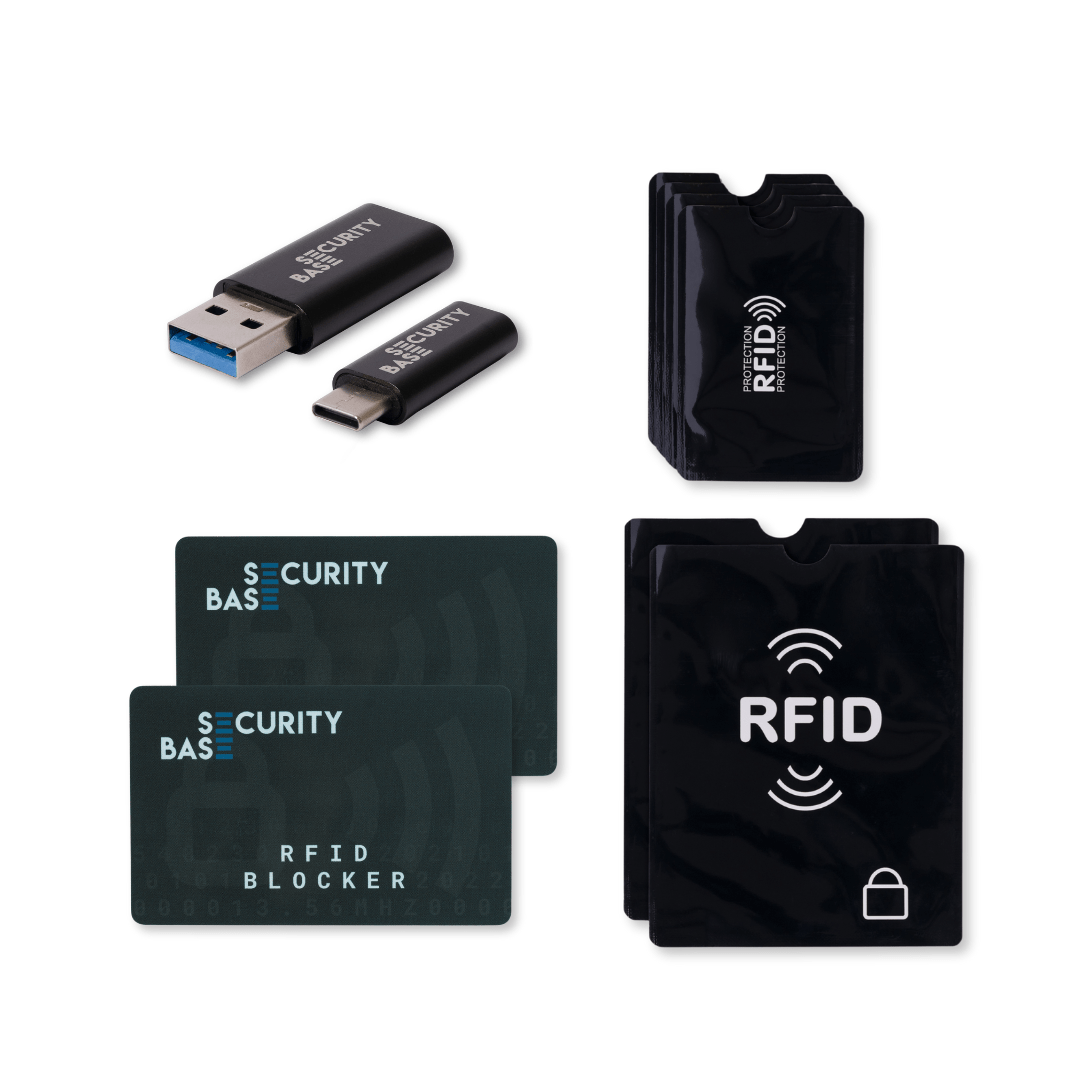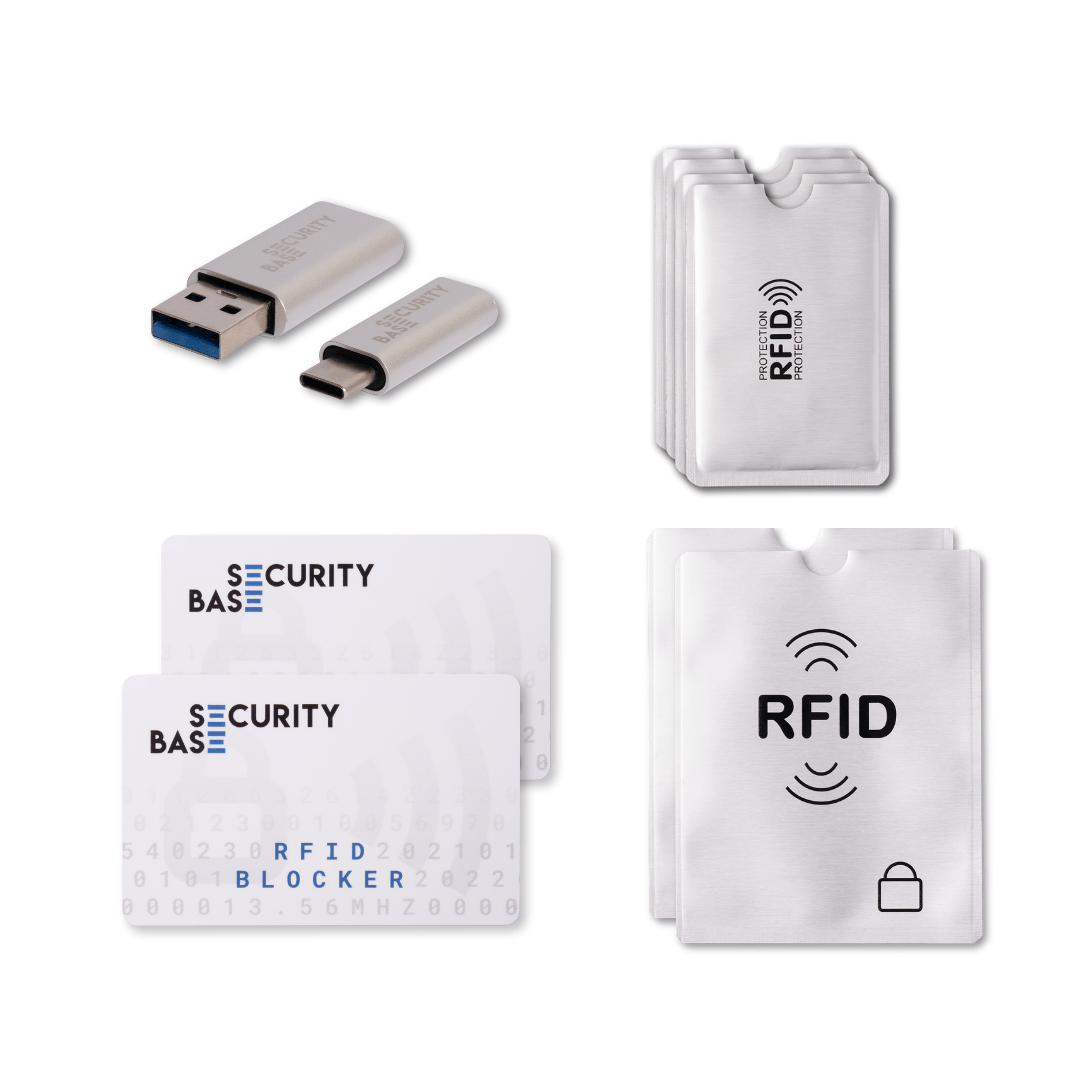As security professionals, we understand the risk travel poses to your digital data. Leaving familiar networks and routines exposes us to new vulnerabilities, from skimming devices lurking in bustling markets to social engineering scams preying on our sense of adventure. With a handful of proactive measures, you can travel securely and protect your privacy, data, financials and devices.
The Best Articles On Digital Travel Safety
Drawing on the insights of security experts, we've compiled a list of the best travel security tips to keep you safe on your adventures:
- National Geographic has practical tips for protecting your data while travelling on their website
- The BBC is warning for the rise fo digital travel scams and refer to them as systemic and global problems
- Forbes has some tips to outsmart travel scammers this summer
-
The Lost Executive has some great tips for protecting date while traveling abroad.
- Harvard Global Support Services provides excellent international data security guidance.
Top Tips For Digital Safety While Traveling
1.Ditch the swipe and embrace the tap
Magnetic strips on credit and debit cards are easily skimmed at shops, ATMs and hospitality venues. Opt for contactless payments whenever possible. Tap your card, phone, or watch, and enjoy the added security of chip technology. Mobile wallets like Apple Pay and Google Pay offer another layer of protection. Store your card details securely on your device and pay with a simple tap. Bonus points for using a smartwatch – pay without even taking your phone out!
2. Ensure you receive login notifications while overseas
Ensure your bank and essential accounts are protected with two-factor authentication (2FA) or multi-factor authentication (MFA). This ensures that even if someone intercepts your password, they'll be met with an additional layer of defense – a verification code sent directly to your phone. Check before you leave if you can receive text login notifications from your bank and other institutions overseas. With this activated, you'll be instantly informed of suspicious login attempts, allowing you to neutralize the threat before it escalates.
3. Bring your own gear
Public charging stations are convenient, but they can also be gateways for malware. Always bring a charger that you can plug into a power station rather than a USB port. Or bring a USB data blocker. This gadget ensures your device only receives power and cannot transfer data. No more surrendering your data to hidden malware while scrambling to find a charger in a foreign airport. Our webshop has a selection of travel security essentials, including USB data blockers for USB-A and USB-C, Passport RFID blocking sleeves, and RFID blocker cards for your wallet.
4. Turn off auto-connect and discoverable mode
Prevent using auto-connect and ensure your devices are not discoverable, and consider turning off WIFI and Bluetooth. Your phone and laptop love to automatically connect to familiar Wi-Fi and Bluetooth networks. But that could mean hopping onto an unsecured hotspot in a new city. Disable auto-connect and choose networks cautiously. Look for more secure options, such as password-protected hotel networks. No more connecting to "FreeAirportWiFi123" or random Bluetooth devices.
5. Public Wi-Fi: treat it like a street food adventure
Treat public Wi-Fi like street food – use it with caution. Avoid sensitive activities like banking or online shopping. If you must, consider a VPN (Virtual Private Network) for an extra layer of encryption.
6. Before you leave: beware of the travel booking scam
These are common types of online fraud that can cost you money and ruin your holiday. Scammers create fake websites or social media profiles that look like legitimate travel agencies. They may offer you low prices on flights, hotels, or vacation packages, but once you pay for them, you'll never receive your tickets or reservations.
There are a few things you can do to protect yourself from travel booking scams. Only book travel from reputable websites and agencies. Do your research and read reviews before you book anything. Don't pay for travel with wire transfers or prepaid gift cards. These payment methods are often used by scammers because they are difficult to trace. Use a credit card when booking travel, these offer some protection against fraud, and you can dispute charges if you are scammed.
Simple Travel Security Strategies
With these simple yet effective strategies, you'll transform your travels from a potential data breach nightmare into a secure experience. So pack your bags, embrace the unknown, and conquer the world, knowing your digital self is always a fortress, never a victim.

